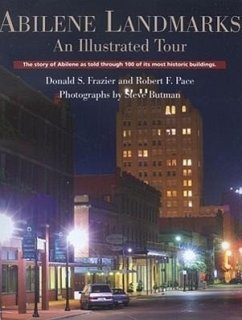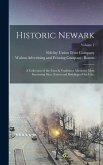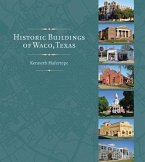Every city has a look and feel that informs how people respond to it. Visitors react to the skyline, clean streets, traffic patterns and the like, while its citizens speak of civic pride, heritage, and spirit. This love of place illustrates the passions and values of the society that fosters it. Some economists and thinkers refer to social capital, others cultural capital, when discussing the value added by the appreciation of the history and heritage of a community. The more people know about their hometown, the more they support it, love it, and keep it. The settlement that sprang up along the Texas and Pacific Railroad at milepost 407 is no exception. Here, for the first time, are one hundred of Abilene's landmark buildings telling the history, hopes, and humanity of this city. Readers will not only discover a host of remarkable stories in this book, but they will also find the architectural expressions of a civilization that have made their mark on the West Texas landscape. From humble cottages to the first Hilton Hotel, and from railway depots to an air force base, Abilene's unique contribution to the American story unfolds through the buildings that compose its city scapes. Donald S. Frazier is a professor of history at McMurry University in Abilene, Texas. He also serves as the President and CEO of the McWhiney History Education Group. Robert F. Pace is a former professor of history at McMurry University. Steve Butman, a local Abilene artist, is a San Francisco Art Institute trained freelance photographer specializing in commercial, aerial, and industrial photography.
Hinweis: Dieser Artikel kann nur an eine deutsche Lieferadresse ausgeliefert werden.
Hinweis: Dieser Artikel kann nur an eine deutsche Lieferadresse ausgeliefert werden.








